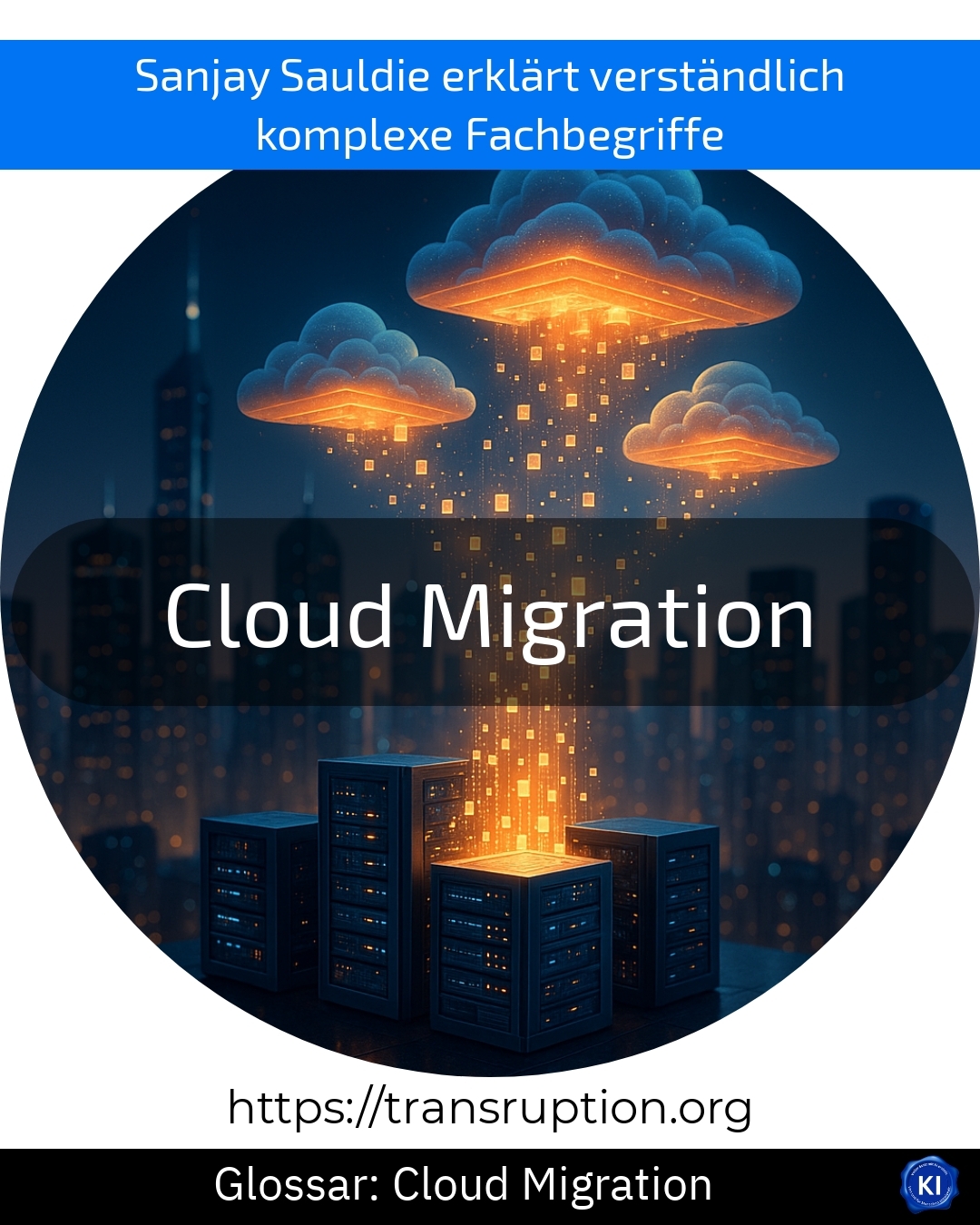The term cloud migration is at home in the areas of digital transformation, big data and smart data as well as Industry and Factory 4.0. It refers to moving data, applications or entire IT systems from traditional, usually company-owned servers to the cloud - i.e. to external servers that can be accessed via the internet.
Cloud migration is becoming increasingly important because it allows companies to work more flexibly, scalably and often more cost-effectively. The cloud also offers better options for storing and analysing large volumes of data (big data). For example, a company can move its entire customer administration, which previously ran on individual computers, to a secure cloud platform. Employees can then access it easily, regardless of their location.
An illustrative example: Imagine a medium-sized production company that previously stored its machine data locally. Cloud migration transfers all machine data to a cloud. Production can thus be monitored and controlled in real time, which speeds up decision-making and minimises downtime.
Cloud migration is therefore a key step for companies that want to grow digitally and become more flexible.















